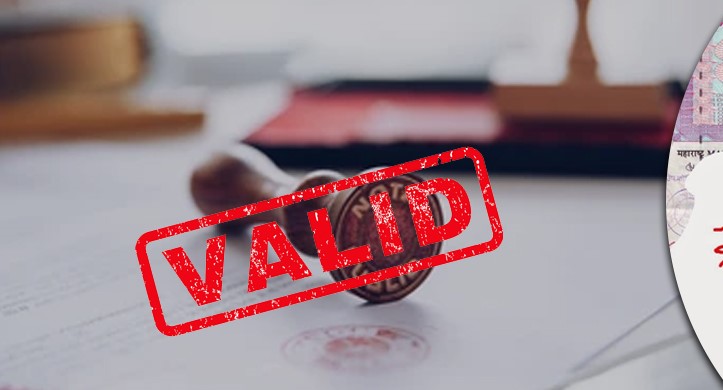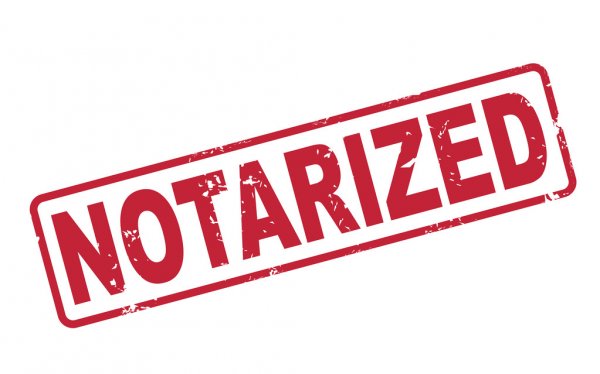The Hague Apostille is issued by the Department of International Relations and Cooperation (DIRCO) or the High Courts in South Africa. They are official government certificates that authenticate a public document issued in South Africa for use overseas. It is required for the legalisation of documents in international relations such as study abroad, employment, marriage and other situations. However, we have all been faced with a situation where certain documents need to be issued within a certain timeframe, or where certificates expire within a few months. So you may be asking yourself: How long is The Hague Apostille valid for? In this article, we will take a closer look at all aspects related to the content and validity of the Hague Apostille Certificate in South Africa.
Features: What information can be found on the Hague Apostille?
The Hague Apostille Certificate is an additional A4 certificate sealed with a red seal and attached to your original document with a green ribbon. It is only recognised by countries that are party to the Hague Convention, to which South Africa is a signatory. There are currently more than 120 countries, a list of which can be found here.
The Hague Apostille Certificate contains the following information:
- Title «Apostille (Convention de la Haye du 5 octobre 1961)»
- Name of the country that issued the apostille (South Africa)
- Full name of the person who signed the document certified by the apostille
- Position of the person who signed the document certified by the apostille

- Name of the organization that issued the document
- Name of the city where the apostille was applied
- Apostille issue date
- Number of the apostille
- Seal of the body that issued the apostille
- Signature of the registrar that signed the apostille
Period of use: How long is the Hague Apostille valid for?
Formally, the apostille has no expiry date. The Hague Convention, which governs the legalisation of documents by means of an apostille, does not specify a period of validity. It is therefore assumed that the apostille is valid for the same period as the document itself. If the document does not indicate the period of validity, it is considered to be indefinite. However, despite the absence of a formal period of validity, there are practical limitations to the use of apostilled documents:
- Country of destination requirements: Some overseas institutions or authorities may have their own requirements as to how long the Apostille Certificate should be valid, but again this is not set out in the Hague Convention or in law. Unfortunately, there is no way of knowing exactly which authorities will do this and in some cases it may be purely bureaucratic for no logical reason.
- Original document validity: It is also understandable that in some circumstances a ‘period of use’ is enforced. There are documents that should have been issued recently and should therefore carry a newly issued apostille. Examples include police clearance certificates and certificates of no impediment confirming that someone is free to marry. People’s circumstances change, so it is understandable to ask for recent versions of these documents with an apostille. It is common for these documents to be refused if they are more than 6 or 12 months old.

There are documents that are a record of fact and do not change. It is not necessary to request newer versions of these documents or more recent apostilles. These include documents such as birth, death and marriage certificates or company registration certificates. These documents do not change over time, so requesting a new apostille does not change the document itself. Unfortunately, you may find that an overseas authority decides that they would prefer you to have a recently issued Hague Apostille Certificate on your documents to satisfy their requirements.
If you are unsure whether you need a newer version of a Hague Apostille Certificate, we recommend that you contact the authorities you are dealing with overseas to check their procedures. Ultimately, if someone requests a more recent Hague Apostille Certificate, you will probably have to accept their decision and order a new apostille for your document.
Conclusion
The Hague Apostille Certificate is an important tool for international cooperation, confirming the authenticity of documents. Although the apostille does not have a formal validity period, it is necessary to take into account the requirements of the receiving party and the importance of the document itself. With the right approach to the apostille process, many difficulties can be avoided and your documents can be recognised abroad.
Global-Apostille legalisation service.
At Global Apostille we deliver official document legalisation through the High Court of Pretoria or the DIRCO at a more convenient time. We are aware of the obstacles that come with preparing to travel abroad and can take off the stress by helping you obtain an apostille for your trip. Our team has years of experience assisting individuals and firms with obtaining apostille documents in South Africa for use in countries that are parties to the Hague Convention. To secure your apostille with us, you will need to present the documents that require an apostille so we can process your










